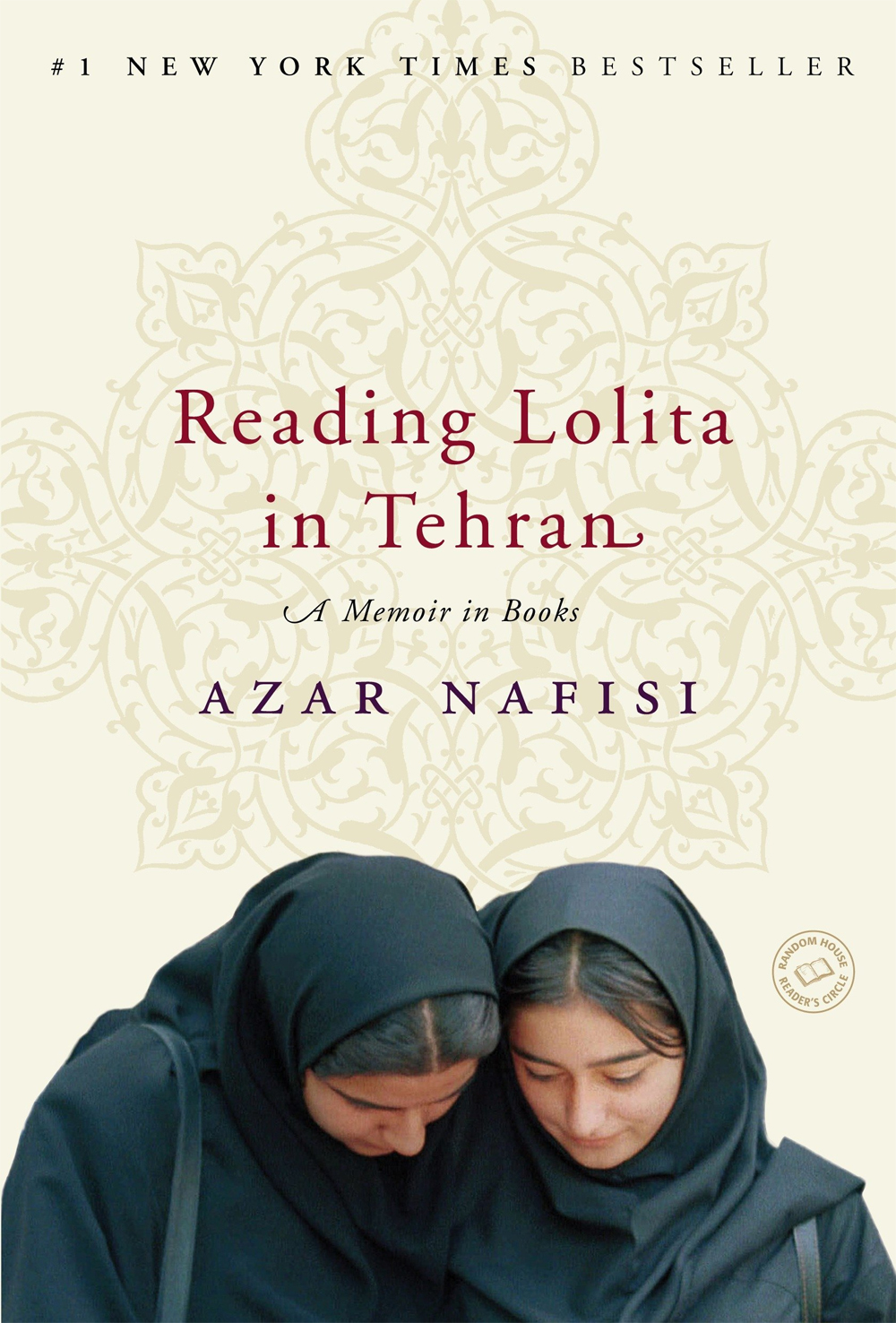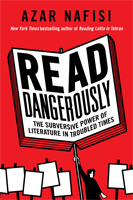
Reading Lolita in Tehran (2003) is a book by Azar Nafisi that mixes fiction and reality and combines autobiography and literary criticism. Set in Tehran, Iran in 1995–1997, it tells the story of Nafisi, who is a teacher, and a group of her seven best students. They meet to discuss literature at Nafisi’s home. The women’s inner lives and identities are hidden and suppressed in public, but their minds are free and active. Woven throughout the book are analyses of famous works of literature, which are given new breath in the context of Nafisi’s literature group.
Azar Nafisi has a different and beautiful way of writing. I wish I could read, quote, and retain what I read the way Nafisi does. I enjoyed the way her love of books permeates her thoughts and how she gives so much care to her words. Maybe I'll be like that one day.
Throughout the story, Nafisi brings you in close and then holds you off at just the right moments to make you miss a full understanding. In reading this book, you can feel that strange way that humans interact. We want people to know us and have intimacy, and at the same time, we hold back, not wanting people to know certain things. I don't think I've read a book where that strange sensation is depicted better. At the same time, because the author uses this method, the story often felt cold to me. If you are not close to any of the characters and are held off purposefully from understanding them, then your connection to the story is minimal.
To me, the best parts of the novel involve the seven students and their life stories and goals, but unfortunately, there is minimal information provided to differentiate the women. They are forgotten for much of the story. Their identities are guarded, and it is unclear how much of their stories are even true. This obscurity results in a lack of characterization and is a major downfall of the book.
I especially liked Nafisi’s magician, how he was guarded, and how they both loved and hurt one another. They must have had a great relationship, but I wish we could have learned more. However, if we did, perhaps the relationship would not have seemed so charming and mysterious. We learn little of the magician, and we learn even less about Nafisi’s own family. The purposeful emotional obscurity makes me wonder why the book is titled “memoir,” when the author conveys herself in such an impersonal manner.
Overall, this book was thoughtful, different, and interesting. It allows the reader to think about many topics: literature, history, feminism, censorship, the role of teachers, and politics. It is definitely worth reading.
Purchase and read books by Azar Nafisi:


© penciledpage.com




Post a Comment
Share your thoughts